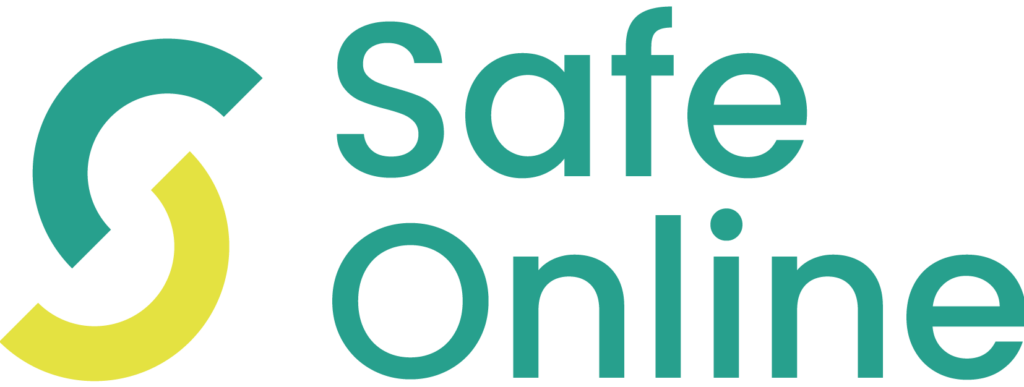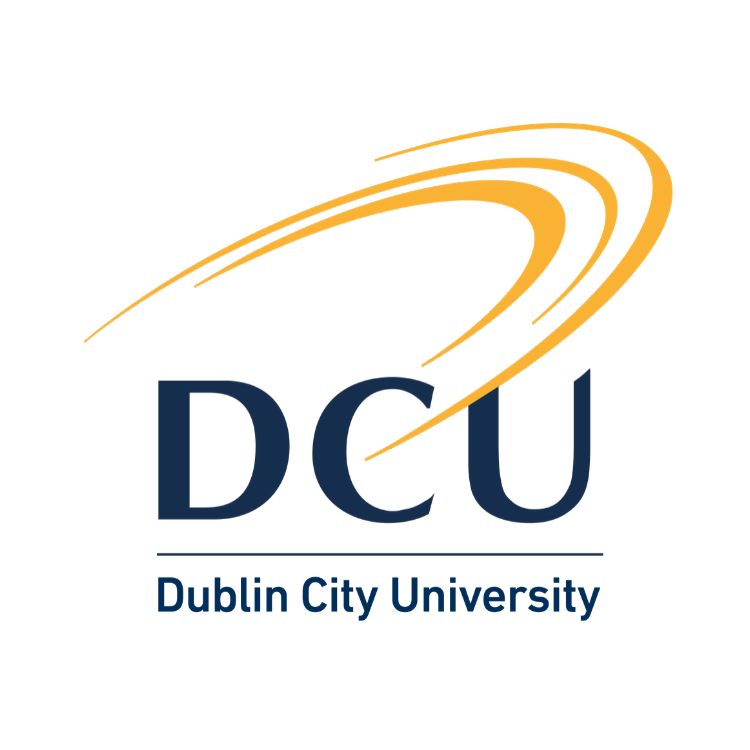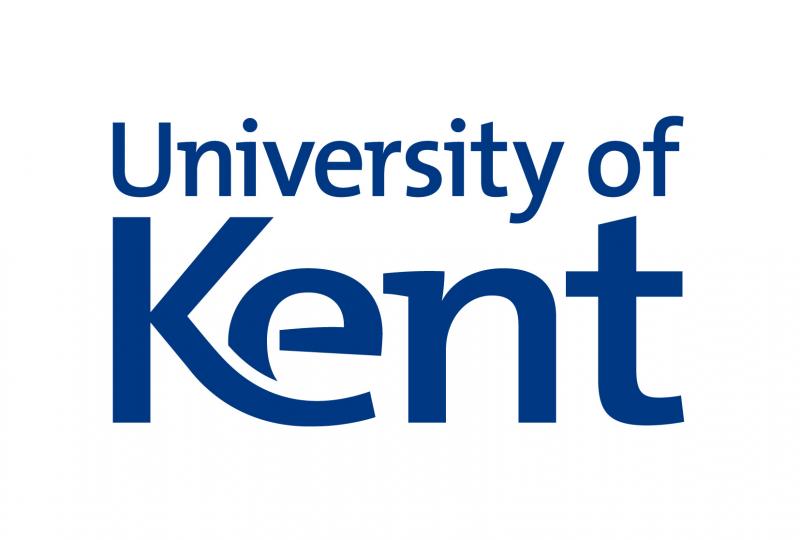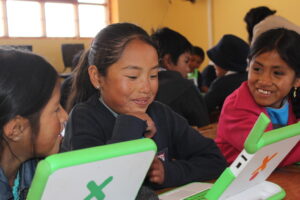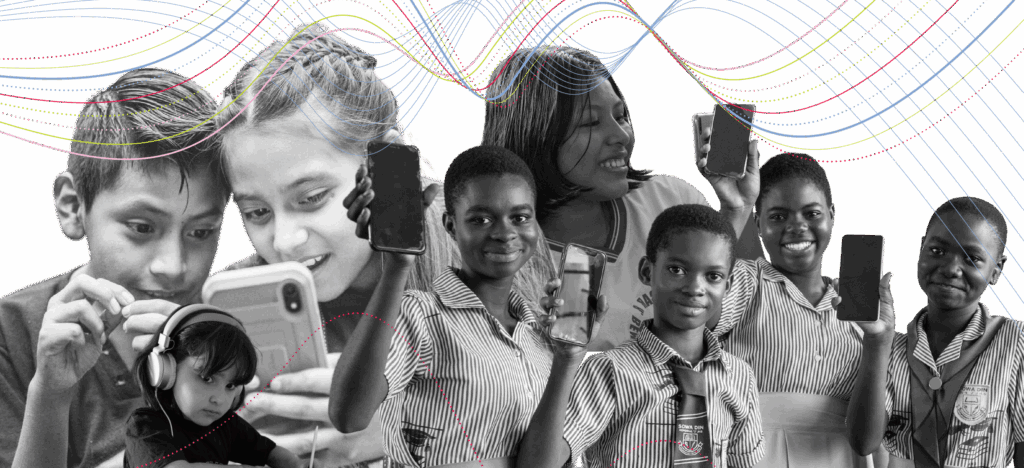
Malaysia Takes Pivotal Steps Towards a Safer Internet for Children Following Data From Disrupting Harm
In a landmark step forward for children’s online safety, Malaysia has made sex extortion and livestreaming of child sexual abuse distinct offenses, to enable better prosecution of these crimes.
